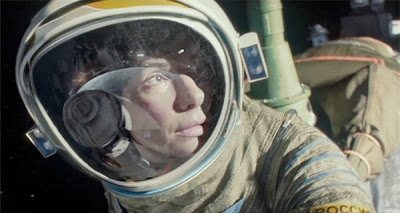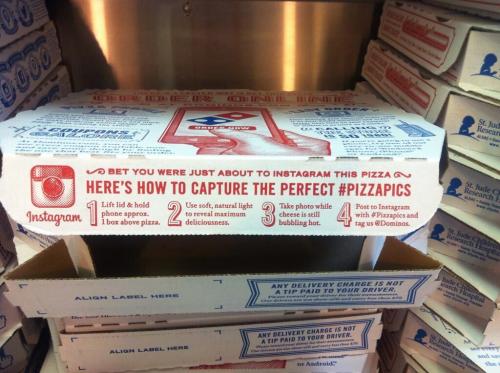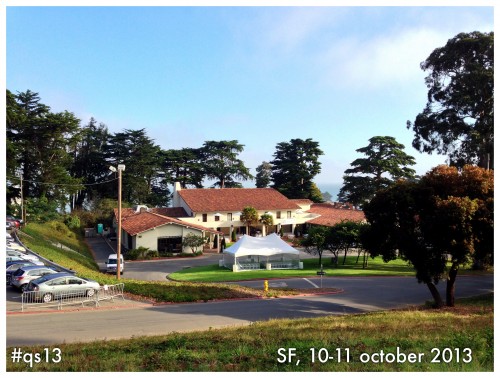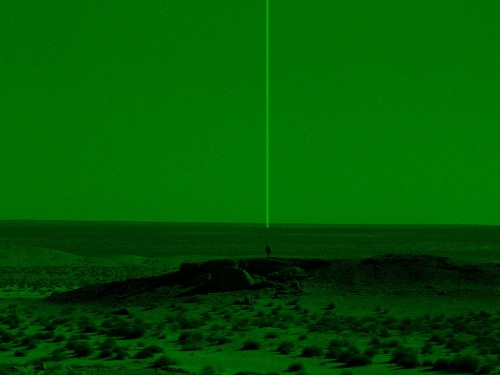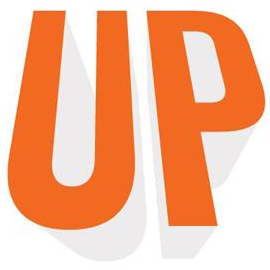The film Gravity is having an especially strong run at the box office, and it seems to be having an especially powerful impact on those who have seen it. It’s certainly a beautiful movie, visually, and an unusual one, as far as big-budget Hollywood attractions go. For anyone who thinks a lot about technology, as I do, the film has some interesting, though somewhat ambiguous, messages.
Be forewarned: What follows is all spoiler.
Technology gone wrong plays a central role in Gravity. The film also resonates with a theme that’s central to the technological project: the drive to open new frontiers. This is not to say that either of those subjects is the principal concern of Gravity’s director and co-writer, Alfonso Cuarón. His interests lie elsewhere, as I’ll explain. Still, when you make a saga about human beings in space, questions of technology and frontiers are hard to avoid. more...

